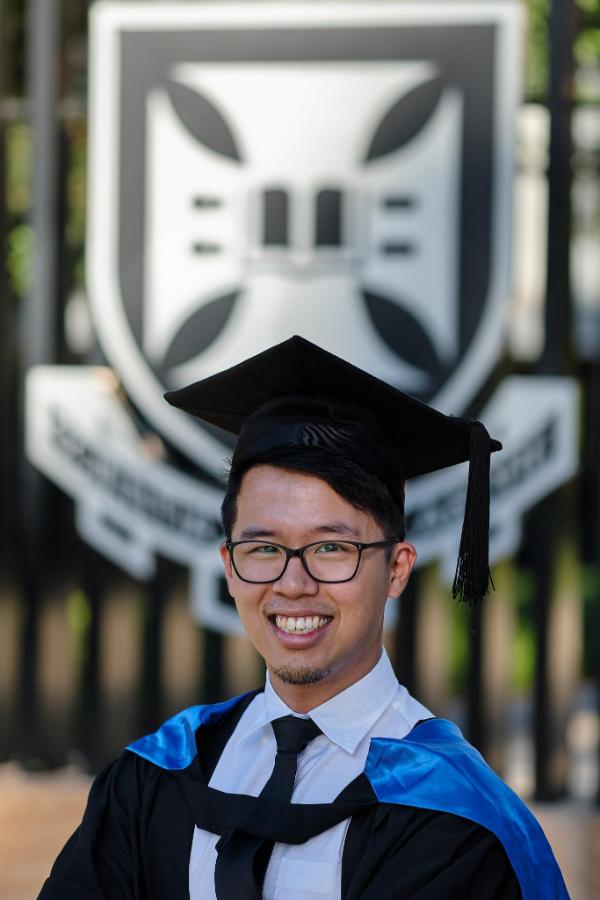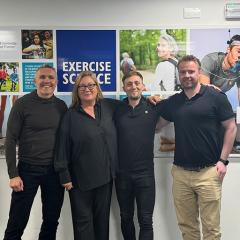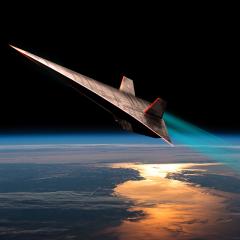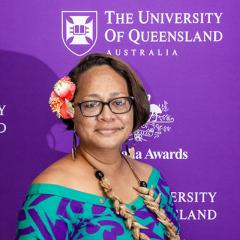In November 2020, The University of Queensland (UQ) joined the Technical University of Munich and the Queensland University of Technology to deliver a joint workshop focused on Land and Sea: Sustainable Bioeconomy and Inter-regional Ecosystems as part of the Global Bioeconomy Summit hosted in Berlin.
One of the key messages out of this workshop was that the bioeconomy creates key opportunities and challenges in forest, industrial and ocean ecosystems.

(Image: Anthony Chan)
UQ Master of Biotechnology alumnus Lucas Ngo Dee was one of eight students worldwide chosen as a Bioeconomy Youth Champion to give his opinion on these type of challenges. Lucas was selected by the Summit’s International Advisory Council from a field of more than 100 applicants to act as ambassadors for the bioeconomy.
“One of the hot topics during the virtual Summit was higher education,” Mr Ngo Dee said.
“In the workshop I facilitated, we investigated different mechanisms of addressing the skills gap in the bioeconomy by discussing strategies on how higher education can integrate a more practical approach through industry training and placements.”
Mr Ngo Dee believes industry training would be ideal to address the barriers that students have to the professional science sector.
As part of his degree, Mr Ngo Dee has taken part in an internship at QIMR Berghofer Medical Research Institute in their business development unit.
“Just getting a high-level understanding of what’s happening at the institution level is incredibly valuable."
“The process of commercialising or translating scientific research takes three to five years, which is slow.”
As a student, Mr Ngo Dee was on the Students Advisory Group for the School of Chemistry and Molecular Biosciences.
“As an international student from the Philippines, I took on the advisory role to empower fellow life sciences students to explore the breadth of opportunities out there.
“My experience of learning in a different culture allows me to empathise with the problems of different students.
“The end goal for me would be to see more scientific research translated and applied into everyday life.”
“We’re living in an age where technology is advancing at such a rapid pace. And, right now, having sound translational capabilities is important to further progress as a society.
“If we applied the same concerted effort we did for the coronavirus vaccine we could make more breakthroughs in the scientific community, and turn ideas into action.”



